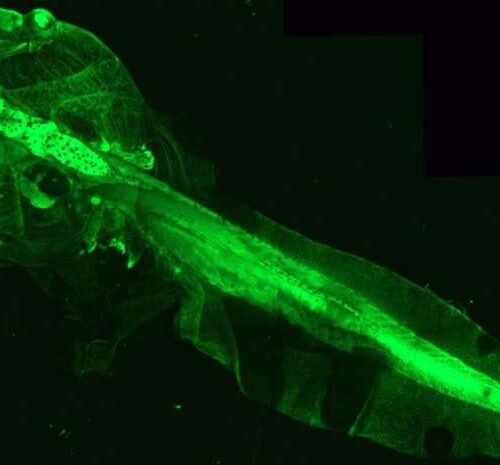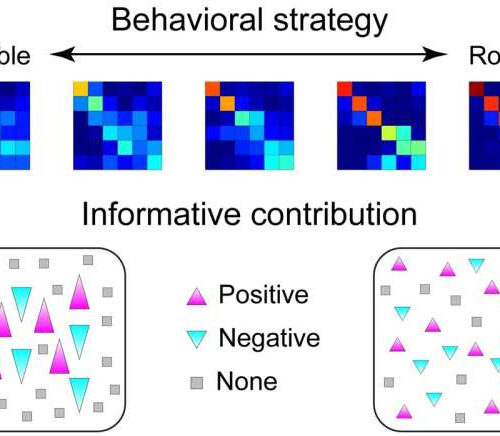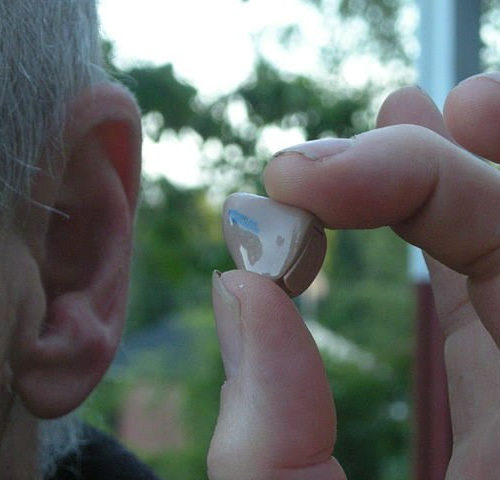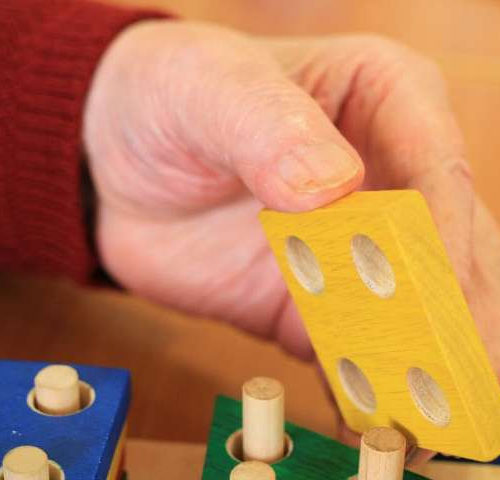In a new landmark study, University of Minnesota research shows surprising links between human cognition and personality — pillars of human individuality that shape us and how we interact with the world. Personality influences our actions, emotions and thoughts, defining whether we are extroverted, polite, persistent, curious or anxious. On the other hand, cognitive ability is the...
Tag: <span>cognitive abilities</span>
New model of multiple sclerosis correlates demyelination with evolution of cognitive and motor abilities
by Marie Simon, Paris Brain Institute Transgenic Xenopus tadpole in which the white matter (myelin) appears by fluorescence in green. Credit: David Akbar and Elodie Martin. No treatment currently exists that can stop the silent progression of multiple sclerosis, and many promising drugs have proved ineffective in clinical trials. To reduce this failure rate and better...
Researchers uncover a key neural mechanism believed to support advanced cognitive abilities
by The Mount Sinai Hospital Summary Figure of information shift from single neurons to populations. Credit: Mount Sinai Health System Mount Sinai scientists have discovered a neural mechanism that is believed to support advanced cognitive abilities such as planning and problem-solving. It does so by distributing information from single neurons to larger populations of neurons...
Regenerating the body from within using biomaterials
by Terasaki Institute for Biomedical Innovation Two approaches for using biomaterials. In the more traditional approach (left), the biomaterial construct is mixed with cells and biomolecules outside of the body and then developed in an external bioreactor. The structure is then implanted into the body. In the more recently used, or “in situ” approach (right),...
Hearing loss: early signs of damage in young adults who regularly attend loud clubs and concerts
Going to concerts or clubs is a popular pastime for many young people, but they’re also potential causes of noise-induced hearing loss. In fact, more than a billion young people worldwide are at risk of noise-induced hearing loss – though it can be prevented. While the link between noise exposure and hearing loss is well...
‘Time is vision’ after a stroke
A person who has a stroke that causes vision loss is often told there is nothing she can do to improve or regain the vision she has lost. New research from the University of Rochester, published in the journal Brain, may offer hope to stroke patients in regaining vision. The Rochester team found that survivors...
If your memory feels like it’s not what it once was, it could point to a future dementia risk
by University of New South Wales Research led by Dr. Katya Numbers from UNSW’s Centre for Healthy Brain Ageing (CHeBA) has shown that certain presentations of memory concerns by older adults are predictive of future dementia. The findings published today in PLOS ONEhighlight the importance of general practitioners in listening to their older adult patient...
Magnetic stimulation of the brain improved awareness of subject’s own cognitive abilities
Researchers at Aalto University and the University of Helsinki have succeeded for the first time ever in affecting metacognition of a tactile working memory task by combining neural pathway imaging and magnetic stimulation of the brain. Understanding brain function might help in the development of new treatments for neuropsychiatric illnesses in the future. By combining...





